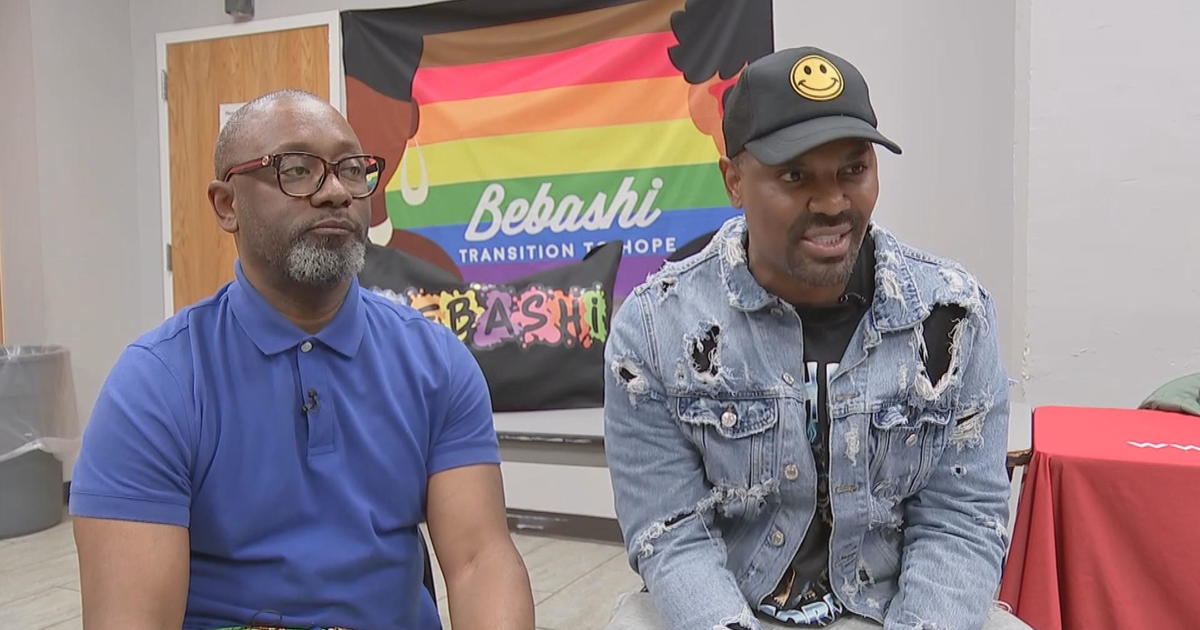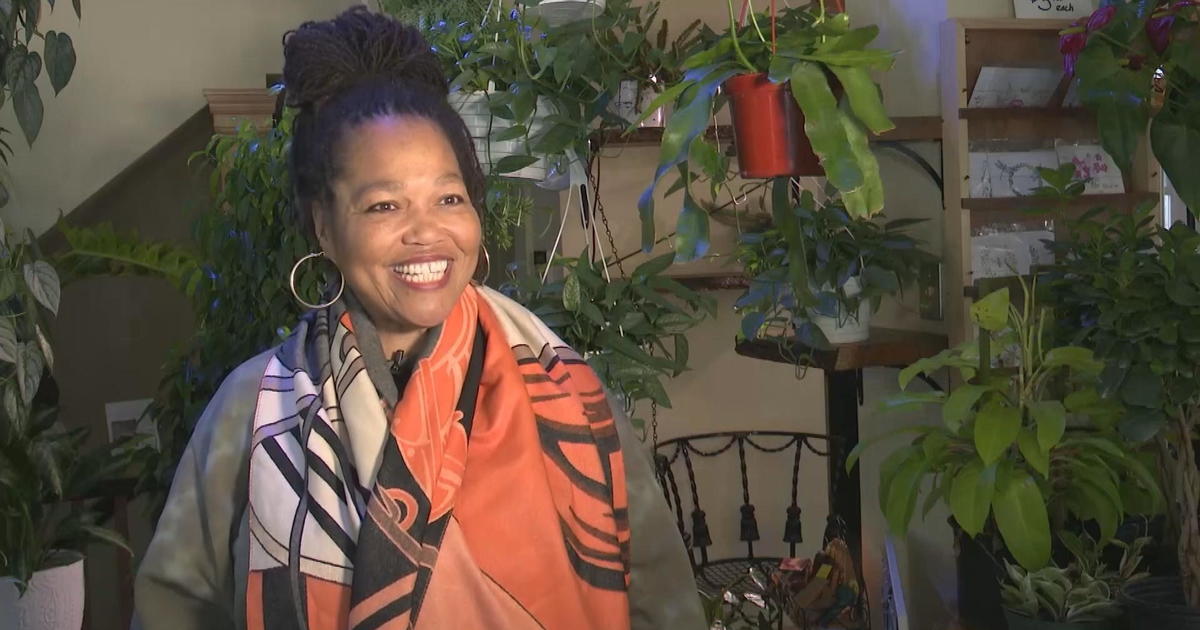Bishop On Immigration: 'We Have...An Obligation To Help These Young People Get Established Again'
PHILADELPHIA (CBS) – Dom Giordano talked with Bishop David Zubik about his defense of organizations aiding and offering housing to immigrant children sent to the United States from Mexico and Central America.
Bishop David Zubik On Immigration
Zubik said he feels a requirement to come to the aid of these children, who have been separated from their families.
"It's a responsibility, I think, from the Gospel to be reaching out to, and in this instance, we're talking about children who are 12-years-old and under. Just maybe about a week ago, Pope Francis spoke directly to this particular issue and said that we have, really, an obligation to help these young people get established again," he said.
He also said this is not the first time he's helped children dealing with these complex issues.
"One of the things that's happening here is this is a repeat of what happened several years ago with the Haitian tragedy. We're dealing with young people who are fleeing violence, or perhaps marketing of who they are for illegal means. I think that's the reason we're trying to help protect these people," Zubik explained.
Zubik said he thinks that the government needs to take steps to allow immigrants into the country as they have done in the past.
"I would not be a part of this conversation today, I wouldn't even have the opportunities that I have, if my grandparents weren't give the opportunity to immigrate to the United States…I think what the Catholic Church would be looking for in terms of a voice is from the perspective of the Gospel, and obviously, with the hope that whatever our country can and is able to do to allow the immigrants to come into the United States in the same kind of way that our ancestors were able to do so 100 years ago," he said.



